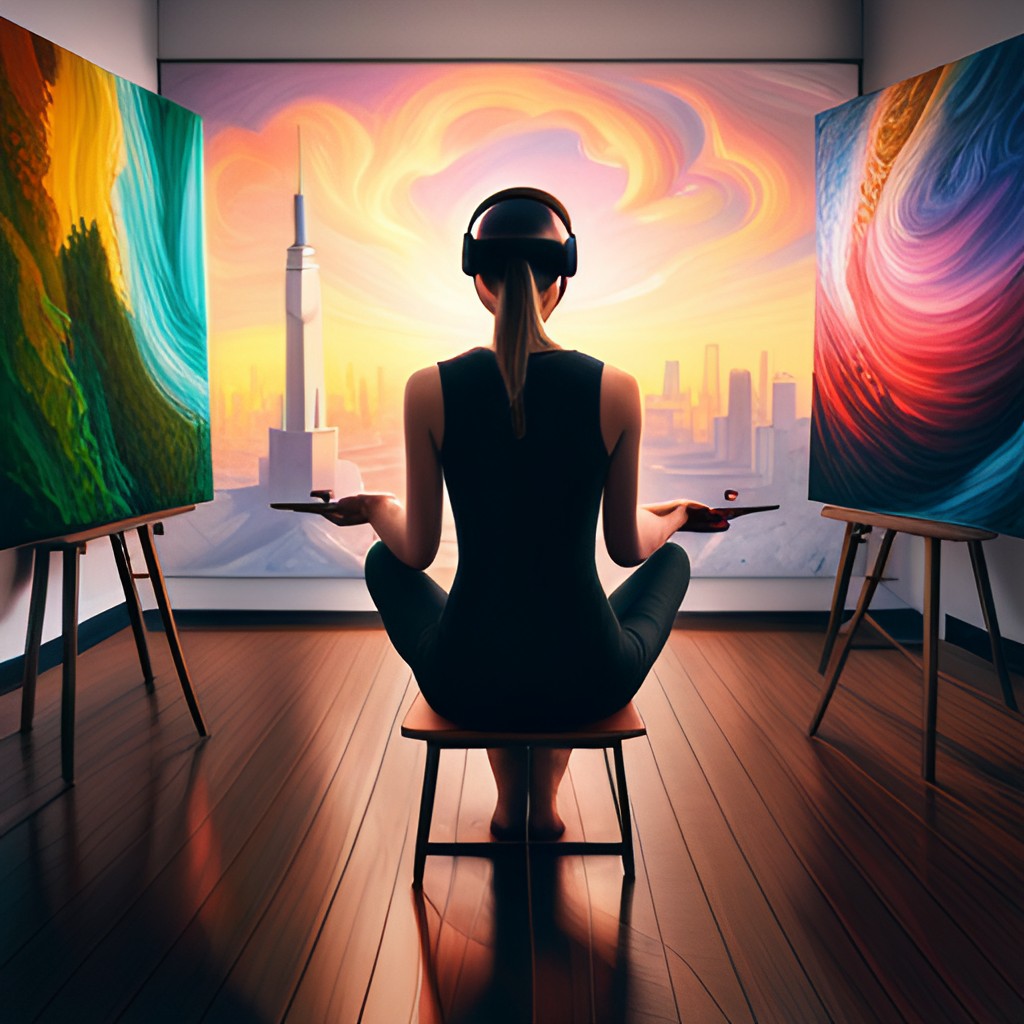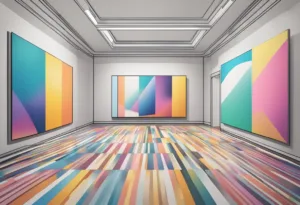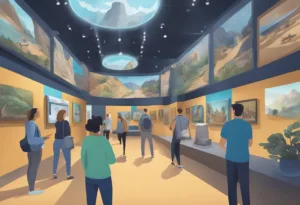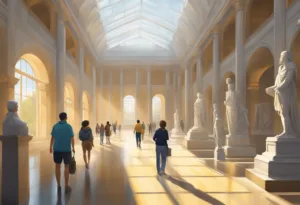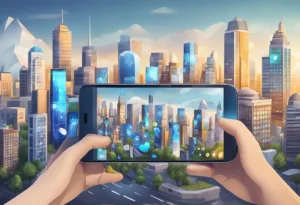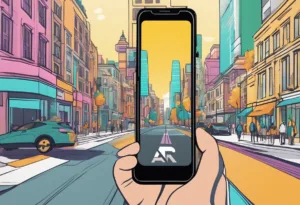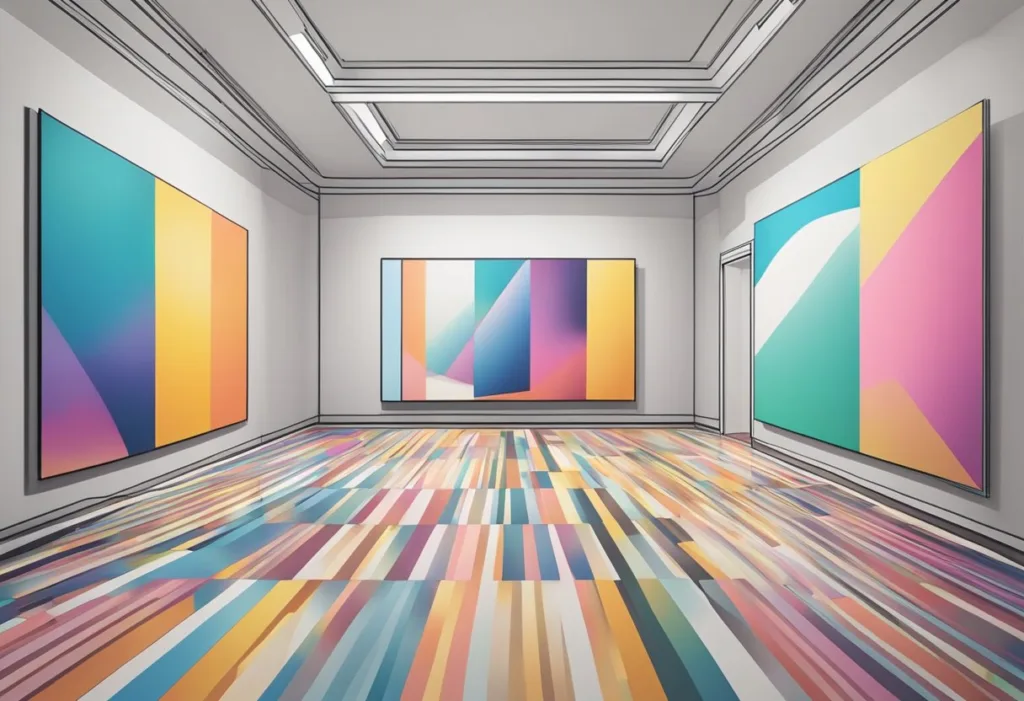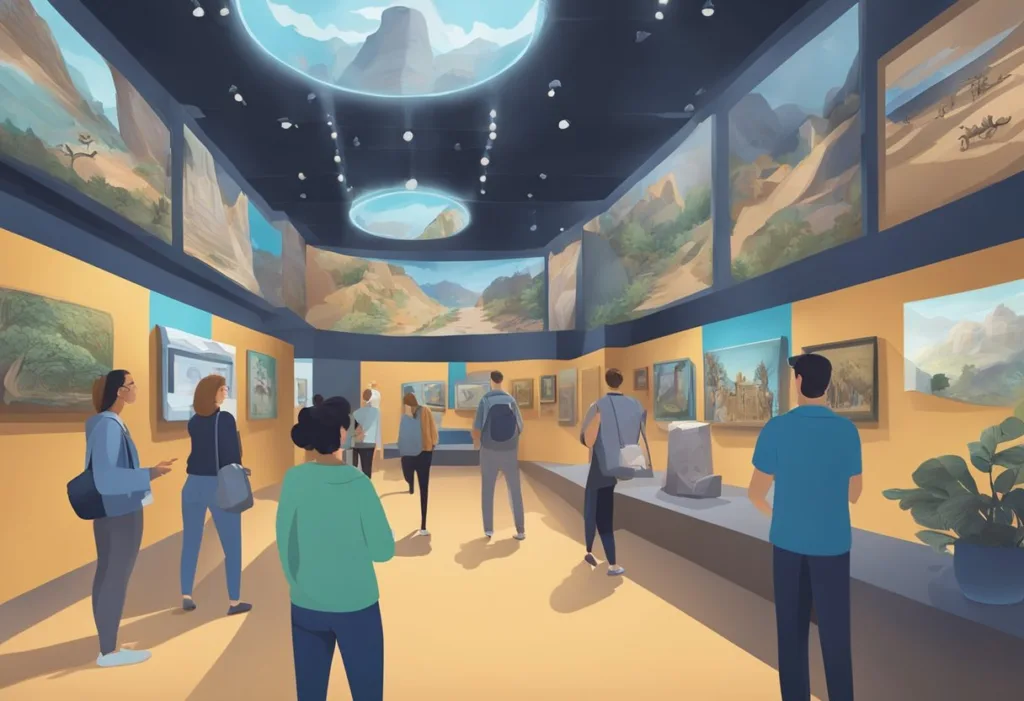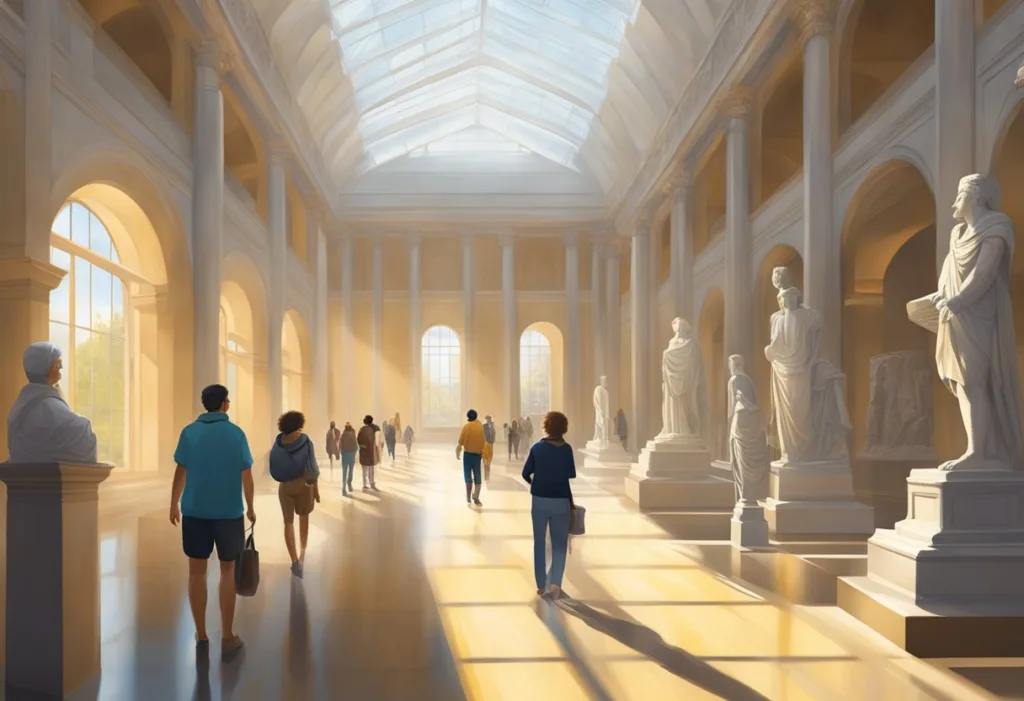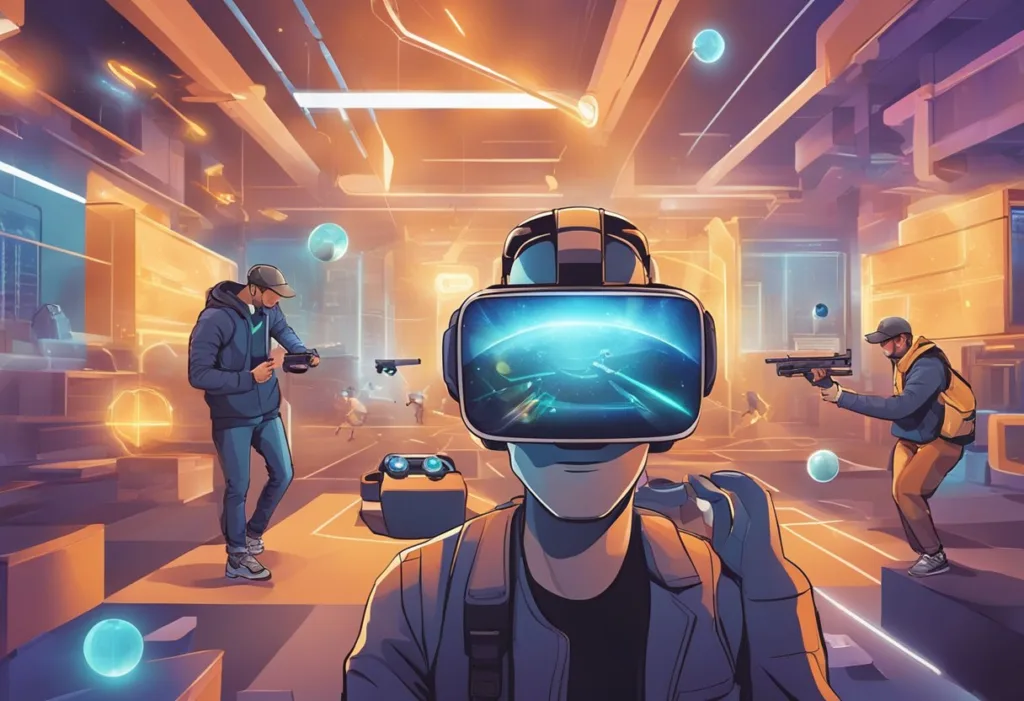The Metaverse is a new and exciting platform for expressing yourself and creating art. As an artist, you can use the Metaverse to create virtual artwork that will be experienced by other users in various ways. In this article, we’ll explore how to create virtual art in the Metaverse to help you take your creativity into virtual environments.
Key Takeaways:
- Nonfungible tokens (NFTs) are becoming increasingly popular in the world of virtual art.
- 3D modeling and augmented reality (AR) art are two popular ways to create virtual art in the Metaverse.
- To create digital art, choose a platform, select software or online tools, research and explore, design your artwork, test and refine, publish your work, promote it, and experiment.
What is virtual art?
Virtual art is any type of artwork that exists within a virtual space. It can be anything from 2D digital paintings to 3D models and animations.
Virtual art can also include audio, video, and interactive elements such as games or simulations.
Unlike physical artworks, virtual galleries in the virtual world are accessible to anyone with an internet connection, allowing virtual artists to reach a much larger audience.
Types of virtual arts.
Nonfungible Tokens (NFTs):
Nonfungible tokens (NFTs) are digital assets that you can own and trade. NFTs are becoming increasingly popular in the world of virtual art, providing a new way for artists to monetize their work.
3D modeling:
3D modeling is a process of creating 3D objects with computer software. It’s a great way to create art in the Metaverse because it allows for more creative freedom and a wide range of customization options.
Augmented Reality (AR) art.:
Augmented reality (AR) is an interactive experience that combines real-world elements with virtual ones. AR art can be experienced by users on their phones, tablets, or computers while they explore the virtual world.
How to create virtual art in the Metaverse
Choose a platform
Decide which platforms you would like to create artwork on, such as virtual reality (VR), augmented reality (AR), social media, websites, video games, etc.
Choose software or online tools
Select the best software and/or online tools that are suitable for creating your artwork.
Research and explore
Research and explore different techniques, technologies, and tools that are available for use in the Metaverse and create your own Metaverse art gallery.
Create a concept
Brainstorm ideas and develop a concept for your artwork in the Metaverse.
Design your artwork
Develop sketches, create 3D models, or design images to represent your artwork in the Metaverse.
Test and refine
Test and refine your artwork using software such as Unity, Autodesk Maya, or Adobe Photoshop.
Publish your artwork
Upload your artwork to the Metaverse virtual art galleries through various platforms, such as social media, websites, or video games.
Promote your work
Promote your work by creating your own VR art gallery website, sharing it on social media and reaching out to potential viewers, and selling digital art.
Experiment
Test out different techniques and tools to see how you can explore the possibilities of virtual art in the Metaverse digital environments.
Enjoy your work
Sit back, relax, and enjoy your artwork as it is experienced by people from all around the world!
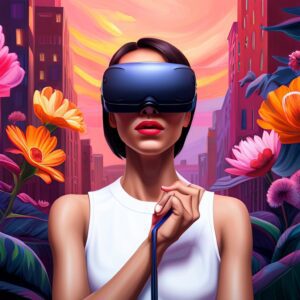
Difference between traditional art and virtual art
Different tools
Traditional art uses physical tools such as paintbrushes, canvases, and paper, while virtual art typically uses digital tools such as software and online platforms.
Different media
Traditional art often relies on traditional mediums such as oils, watercolors, pencils, etc., while virtual art can use a variety of digital technologies including 3D printing, motion capture, and artificial intelligence.
Different types of art
Traditional art typically includes paintings, drawings, sculptures, photographs, and other works that require physical skill and technique to create. Virtual art can include animations, video games, interactive installations, and more.
Different platforms
Traditional artwork is often viewed in galleries or museums but virtual artwork can be experienced across many different platforms.
Different audiences
Traditional art is usually viewed by a select audience who visit the gallery or museum, while virtual art can be experienced by anyone with access to the internet.
Different costs
Traditional artwork often requires costly materials and tools, while virtual art can be created using free tools and websites.
Different prices
Traditional artwork is usually sold at a higher price than virtual artwork.
Different techniques
Traditional art requires physical skill and technique, while virtual art can use automated processes such as 3D printing and motion capture to create artwork.
Different formats
Traditional artwork comes in various sizes and shapes, while virtual art often exists as digital files that can be experienced on any device.
Different creative possibilities
Traditional art is often limited in terms of its creative potential, while virtual art allows for more opportunities to explore and experiment with different techniques and technologies.
Software for creating virtual art
1. Unity
Unity is a powerful game engine and popular platform for creating virtual art in the Metaverse digital art gallery.
2. Autodesk Maya
Autodesk Maya is a 3D animation software used to create digital models, artwork, and animations in the Metaverse virtual reality art galleries.
3. Adobe Photoshop
Adobe Photoshop is an image-editing software used to create and edit images for use in the Metaverse digital world.
4. Unreal Engine
Unreal Engine is a game engine used to create interactive elements and realistic visuals in virtual art projects.
5. Blender
Blender is an open-source 3D modeling and animation software used for creating characters, environments, and effects in the Metaverse virtual worlds.
6. Cinema 4D
Cinema 4D is a 3D animation and rendering software used to create virtual art in the Metaverse art world.
7. Zbrush
Zbrush is a digital sculpting and painting tool used to create 3D models and sculptures in the Metaverse art gallery.
8. Quill
Quill is a VR animation software used to create immersive stories, animations, and experiences in the Metaverse virtual art gallery.
9. Tilt Brush
Tilt Brush is a virtual reality painting application used to create immersive artwork for display in the Metaverse virtual space.
Bottom Line
Virtual art is a rapidly growing field that has opened up new opportunities for aspiring artists to explore their creativity and push boundaries in art.
It is now possible to create artwork using digital tools such as software, online platforms, 3D printing, motion capture, and artificial intelligence.
There are many different software and tools available for creating virtual art in the Metaverse including Unity, Autodesk Maya, Adobe Photoshop, Unreal Engine, Blender, Cinema 4D, Zbrush, Quill, and Tilt Brush.
With these tools and technologies, artists can create immersive experiences that are sure to captivate viewers from across the world.
You can also create a Metaverse NFT art gallery and sell digital art on different platforms such as Decentraland, SuperRare, and Makersplace.

